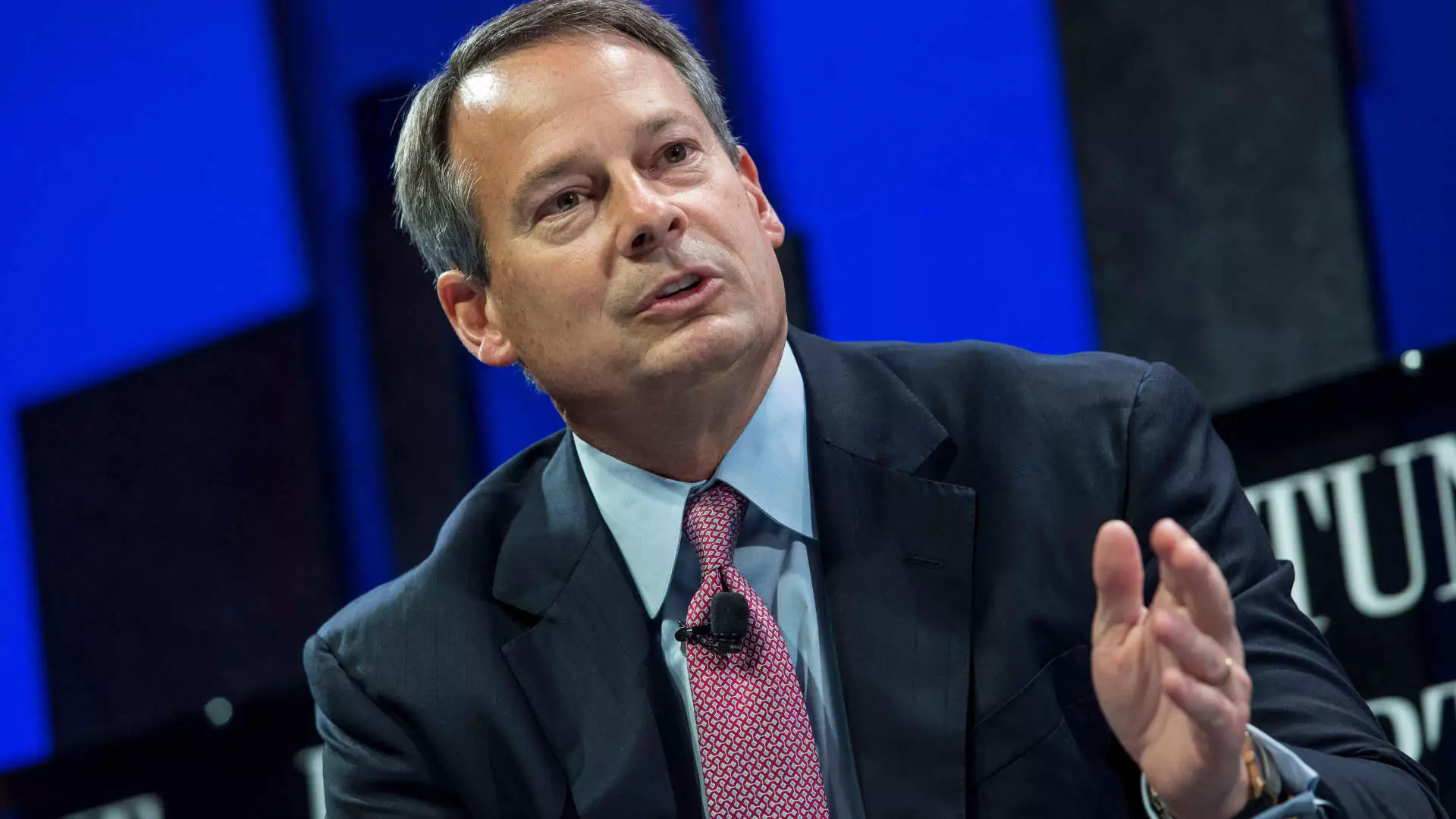In the world of finance, the actions of company insiders often serve as a subtle yet powerful barometer for market sentiment and corporate health. When executives and major shareholders liquidate sizable chunks of their holdings, it is natural for investors to scrutinize these moves for potential warnings or reassurance. However, the interpretation of such disclosures is far from straightforward. At face value, a sale might suggest impending challenges within a company, a lack of confidence from leadership, or simply personal financial planning. Conversely, it might also be a routine rebalancing or diversification tactic, devoid of any negative implications. This ambiguity calls for a nuanced understanding of the motives behind these transactions.
In recent weeks, noteworthy insider activity at firms such as United Airlines, NXP Semiconductors, and Charles Schwab has generated buzz among investors. These sales, confirmed through SEC filings and vetted against regulatory records, stand out because they involve discretionary and significant transactions, excluding predetermined plans that are often considered less telling. While some of these transactions coincide with impressive stock rallies, others hint at deeper issues or shifts in corporate outlook. A closer look at these insider moves reveals patterns that merit skepticism towards assuming automatic optimism or pessimism based solely on insider sales.
Decoding the Sales of High-Profile Executives
Among the prominent sales was Dean DeSantis, a significant investor in Celsius, who offloaded 200,000 shares valued at roughly $9.5 million. The timing appears intriguing; Celsius shares have surged over 71% this year and recently showed robust three-month gains. Such a large sale could be interpreted as a lock-in of profits from a significant rally, or perhaps an indication that DeSantis perceives the current valuation as an optimal exit point. The underlying message here is ambiguous—does this signal confidence in further gains, or is it a precaution against an overheating market?
Similarly, at Charles Schwab, the former CEO and current co-chairman Walter Bettinger sold nearly 174,000 shares valued at over $17 million. Schwab’s share price has appreciated notably recently, yet insider sales of this magnitude suggest a shift in personal financial strategy or possibly a feeling that the company’s recent upward momentum has run its course. The sale, especially by someone intimately familiar with internal operations, prompts questions about the leadership’s confidence in sustainable growth.
In the semiconductor industry, NXP’s CFO William Betz sold over 6,800 shares at a high valuation, netting roughly $1.54 million. While the stock has experienced healthy gains over the past quarter, the decrease in Betz’s holdings—by over 80%—raises eyebrows. Does this reflect a belief that the current growth phase has peaked? Or is it plain portfolio management? Without additional context, these transactions remain open to interpretation, but the sheer scale and timing are worth noting.
Conversely, in the airline industry, United Airlines’ CFO Michael D. Leskinen unloaded over 23,000 shares amid a tumultuous year for the sector. Despite a recent rally of over 16% in three months, the sale reduces his holdings by more than half, and similar insider trades across the industry point to a broader trend of leadership cashing out during periods of market gains. Could this be a sign of internal concern about fuel costs, labor issues, or the post-pandemic rebound? Or is it merely personal gain for executives capitalizing on rising stock prices? The skepticism here is justified, especially given the airline’s lackluster performance overall.
Meanwhile, at Wingstop, CEO Michael Skipworth sold 10% of his holdings, despite the company’s impressive 25% annual gains. This sale might appear opportunistic—a sign that leadership is confident enough to profit but still optimistic about future growth. However, insider sales in high-growth sectors should always prompt analysts to question whether executives might be hedging their bets or preparing for potential downturns.
What Do These Movements Really Tell Us?
There’s a common fallacy in equating insider sales with imminent trouble or opportunity. While some executives indeed cash out as part of diversification or personal liquidity needs, others might be front-running market apprehensions or signaling internal doubts. The critical factor remains the context: Are these transactions aligned with company fundamentals, recent earnings, or macroeconomic trends? Or do they appear disconnected, motivated purely by personal finance?
From a center-right perspective that advocates prudent skepticism of government overreach and believes in the merit of free markets, insider transactions should be viewed as part of the natural ebb and flow of capitalism. They can serve as a warning sign when multiple insiders signal hesitation or when sales occur in specific industries vulnerable to external shocks. However, blanket assumptions of impending collapse or guaranteed success are equally naive. The key is to hold a measured perspective, understanding that individual transactions can be influenced by myriad factors—tax considerations, personal wealth management, or strategic rebalancing—not necessarily a verdict on the company’s future.
By scrutinizing the motives behind these insider moves, investors can develop a more nuanced appreciation of corporate health. Insiders are often among the most informed observers of their companies; their actions deserve attention, but they require careful interpretation within the broader economic and industry landscape. Ultimately, skepticism toward blindly trusting insider sales is healthy, especially when it prompts thorough due diligence and a balanced view of risk versus opportunity.

